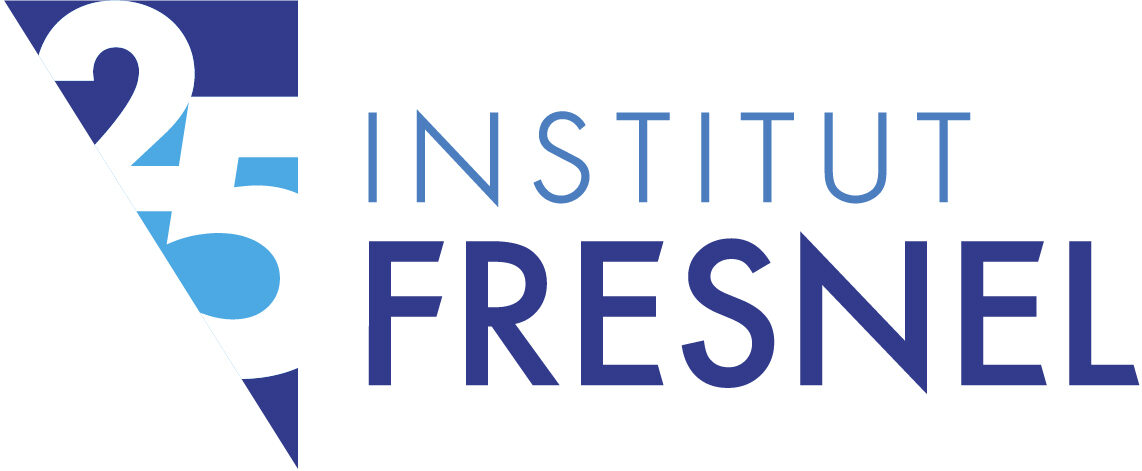- - Team : Concept
- - Thesis Direction : Myriam ZERRAD
- - Place : Institut Fresnel, Marseille
- - Duration : 18 months & more
- - Funding : AMIDEX
- - Contact : myriam.zerrad@fresnel.fr
Post‐doctoral position “Direct interferometric measurement of the thermal noise of multi‐dielectric components of gravitational wave detectors”
Gravitational astronomy (Nobel Prize 2017) is booming thanks to the unique performance of giant interferometers operating with arms of the order of km (Virgo/LIGO/KAGRA). To further extend the observation of the universe, new instruments are being developed for terrestrial operation (Einstein Telescop, Advanced Virgo in Europe and Cosmic Explorer in the USA) or Space operation (LISA, Europe and USA). Progress has been made from detecting one gravitational event per month (2016) to one event per week (2019), and it is expected that this rate of occurrence will be extended to one event per minute by 2035 (ground‐based systems), or even to a continuum of observation with the LISA space project.
A key point of these systems concerns their sensitivity to the passage of gravitational waves, an essential limitation of which lies in the microscopic agitation of the particles that constitute the multi‐dielectric mirrors of the interferometer cavity. This coating thermal noise randomly modifies the length of the cavity by an extremely small amount (10‐20 m), but this is sufficient to hide the deformation of space‐time. In this context, it is necessary to have a metrological set‐up to directly measure the thermal noise of the components, in order to implement strategies to reduce this noise.
It so happens that Europe does not currently have any system to satisfactorily meet this demand, and as such, the Institut Fresnel has joined the Virgo collaboration to develop a unique and innovative instrumentation that will make it possible to fill this crucial and strategic gap. Thus, the core of this thesis will concern the experimental implementation of the measurement instrument, the principle of which is based on a time‐differential interferometry technique. The results will be confronted with an exact modelling of the thermal noise based on the fluctuation‐dissipation principle. Once this confrontation has been validated, solutions will be explored for the reduction of thermal noise.
The work will be carried out in close interaction with the VIRGO collaboration which will also valorize the results.
Keywords : Physics, Optics, Interferometry, Instrumentation, Statistical Physics
Project Team : Paul ROUQUETTE, Michel LEQUIME, Claude AMRA & Myriam ZERRAD

